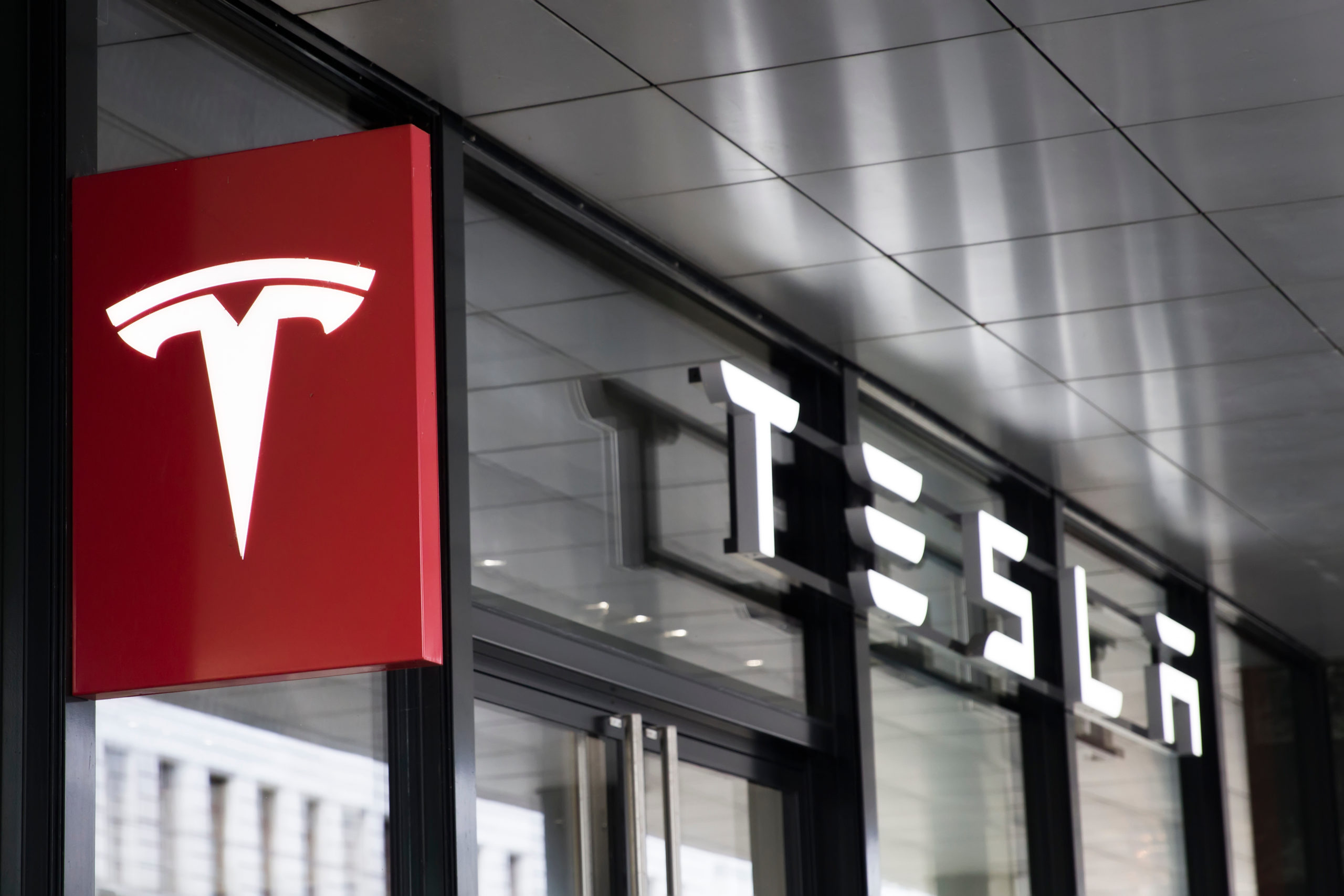In recent months, Tesla has found itself in the headlines for reasons extending far beyond its electric vehicles or innovation roadmap. A combination of political controversy surrounding Elon Musk, slumping sales, and market scepticism has triggered a sharp decline in Tesla’s share price—down nearly 41% year-to-date as of mid-March 2025, with European sales particularly hit hard.
The result? Shareholders are left watching their portfolios dwindle and wondering: What recourse, if any, do we actually have?
The Problem with Power (and Perception)
At the heart of the controversy is Musk’s increasingly public political persona. His recent appointment as a senior advisor to former President Donald Trump—heading the newly minted “Department of Government Efficiency”—has sparked protests and investor unease, especially amid concerns about reputational risk.
Critics have called into question whether Musk’s focus remains aligned with Tesla’s shareholder interests. But in UK and US corporate governance frameworks, the leap from discontent to legal remedy isn’t so simple.
Shareholder Action: Tools in the Toolkit
So what can shareholders do when they believe executive behaviour is eroding company value?
1. Voice Discontent via Voting
Shareholders of public companies like Tesla have several tools at their disposal to express dissatisfaction and influence corporate governance, even if they lack direct power to make management changes. One key mechanism is voting at the Annual General Meeting (AGM), where shareholders can choose to support or oppose the re-election of board members. While these votes may not immediately alter the board’s composition, they serve as a visible measure of shareholder confidence—or concern—particularly when large institutional investors get involved.
Another method is submitting shareholder resolutions aimed at driving governance or policy changes. However, Tesla’s bylaws set a high bar: shareholders must own at least 3% of the company for a minimum of three years to qualify, effectively limiting access to larger investors or coordinated groups.
For those seeking more direct action, a proxy fight provides a path—albeit a challenging one. This involves nominating alternative board candidates and rallying shareholder support to replace current directors. While potentially impactful, proxy contests are often
expensive, complicated, and time-consuming, and face long odds at companies like Tesla, where management retains strong support among a loyal base. Nonetheless, these mechanisms remain critical for shareholder oversight and long-term accountability
2. Sell or Divest
Perhaps the simplest and most symbolic move is divestment. Major institutional investors, such as Denmark’s AkademikerPension, have already exited Tesla, citing Musk’s political rhetoric and reputational risks. While this doesn’t correct management behaviour, it can send a strong market signal.
3. Legal Recourse? Maybe, but with Caveats
Bringing a legal claim against Musk or Tesla’s board is fraught with challenges. As Ann Lipton, a business law professor at Tulane University’s Law School, has noted, shareholder derivative actions require shareholders to prove breaches of fiduciary duty—namely, that directors acted with gross negligence (duty of care) or acted in bad faith or self-interest (duty of loyalty).
Even if shareholders disagree with leadership decisions, corporate law generally respects the “business judgment rule,” shielding directors from liability if they acted in good faith.
A notable exception occurred in early 2024 when Musk’s $55 billion compensation package was voided in Delaware Chancery Court due to a lack of board independence and inadequate process. It’s a rare win—but it shows that courts can intervene where process breaks down egregiously.
Structural Reforms: The Case for Change
The Tesla saga raises broader questions about governance norms and whether existing frameworks are fit for purpose in a world where CEOs increasingly double as public figures with political agendas.
Some reforms to consider:
· Redefining Board Independence: As governance expert and York University professor, Richard Leblanc has observed, independence in name does not mean independence in thought. Boards stacked with long-time allies are unlikely to challenge charismatic leaders effectively.
· Lowering Barriers to Shareholder Proposals: With Tesla requiring 3% of outstanding shares to submit a proposal, retail investors are effectively locked out. Reducing this threshold could democratise corporate accountability.
· Clarity on Dual Roles and Conflicts of Interest: Regulations might need to evolve to address situations where executives take on significant political roles that could interfere with their corporate obligations.
Looking Ahead
For corporate finance professionals and shareholders alike, Tesla is becoming a case study in the tension between innovation, leadership cults, and corporate governance. The stock price slump is more than a market correction—it’s a moment of reckoning for shareholders who now must weigh their options carefully.
Whether through divestment, governance reform, or measured legal action, Tesla investors are finding that having a stake in a company doesn’t always mean having a say in its direction. And that’s a conversation the corporate world may soon be forced to have more openly.
